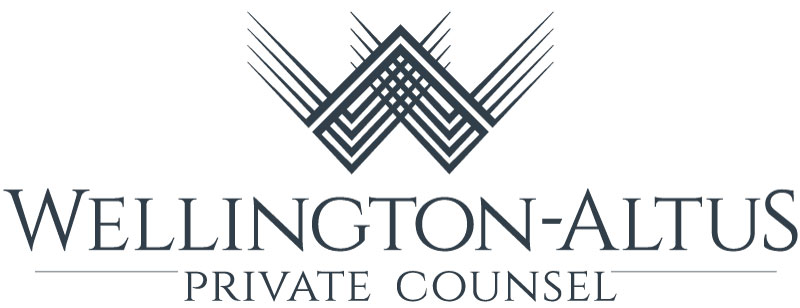When few expect anything to go wrong, something usually does
The next few weeks are going to be important for the markets, with S&P 500 earnings season in full tilt following the U.S. technology mega caps reporting last week.
I’m pointing this out because big tech earnings have had a large influence on the S&P 500 Index more recently, dragging the broader components along for the ride. The largest six stocks on the index, all of which happen to be tech firms, now encompass 30 per cent of the index. One stock, Nvidia Corp., thanks to its more than doubling in share price this year, has contributed close to a quarter of the S&P’s move.
For those wondering where growth will go from here, it’s helpful to remember that the market is a collective of forward expectations being reflected in current valuations. This is just like the forward curve for commodities, as it provides an indication of what people will be willing to pay but certainly not an accurate one for predictability, as they often get it wrong … very wrong.
In today’s environment, growth expectations are at record highs but valuations are not far behind. According to Regan Teague, portfolio manager at Day Hagan Asset Management: “Consensus long-term growth expectations for the 10 largest stocks in the S&P 500 are currently in the 99th percentile relative to the past two decades. It remains to be seen whether these companies will meet these optimistic estimates. However, the P/E (price-to-earnings) valuation of these top 10 stocks sits in the 93rd percentile, reflecting a low risk premium relative to history.”
So, where do we go from here?
Barclays Plc’s Venu Krishna says the answer depends on what someone is willing to pay for decelerating growth. As a group, the six mega tech companies have seen their year-over-year earnings growth moderating from as much as 50 to 60 per cent in Q3 and Q4 last year, down to about 20 per cent currently. This is still very respectable, but what is the right price to pay when this growth is clearly slowing?
This mega cap grouping is now collectively trading at 31 times earnings, up from 27 times during the August correction, as Krishna points out. According to Charlie Bilello, chief market strategist at Creative Planning LLC, “Investors are now paying 25.8 times peak S&P 500 earnings, the highest valuation we’ve seen since 2000 and 50 per cent above the historical median. A decade ago this same ratio was at 17.2, right at the historical median.”
Interestingly, investors don’t seem to be nervous about high-flying valuations. Jim Bianco, head of Bianco Research LLC, highlighted that, according to the recent Consumer Confidence Index survey of the Conference Board, when surveyed about their confidence in the stock market, 3,000 U.S. households came back with a 51.7 per cent expectation for further gains ahead. This is the highest percentage in the entirety of the 37 years since the survey was created.
We’ve learned that when few expect anything to go wrong, something usually does and when it happens it can have an outsized impact on the market. Looking ahead, there are plenty of factors that could have an influence.
In November alone you have the upcoming U.S .election, and the U.S Federal Reserve and the Bank of England’s rate decisions and China will also hold their National People’s Congress (NPC) meetings from November 4 to 8, with everyone looking for them to approve their further massive fiscal stimulus package.
The good news is that the cost of hedging is inexpensive during such euphoric periods. This can include using put options, covered calls, hedged downside ETFs, alternative strategies, or simply rebalancing your portfolio. For example, we haven’t been a fan of bonds for some time now but the recent sell-off in U.S. Treasuries is starting to look interesting to us and we’re now starting to dip our toes in this market.
We also have been adding to our U.S. dollar exposure over the summer sell-off. We viewed this as a source of protection against the widening economic disparity between Canada and the United States. We think there could still be more in this trade, as the current Federal government is doing everything it can to remain in power until next year’s expected October election. The European economy, especially Germany, remains very unattractive and we remain short their currency, which is effectively another hedge in our portfolios.
Martin Pelletier, CFA, is a senior portfolio manager at Wellington-Altus Private Counsel Inc., operating as TriVest Wealth Counsel, a private client and institutional investment firm specializing in discretionary risk-managed portfolios, investment audit/oversight and advanced tax, estate and wealth planning. The opinions expressed are not necessarily those of Wellington-Altus.

